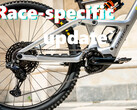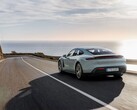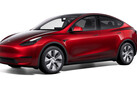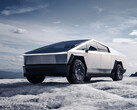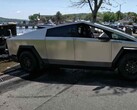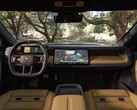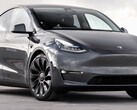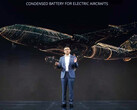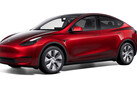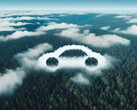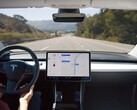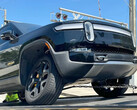J.D. Power has released the results of its 2024 Initial Quality Study, wherein it evaluates the average quality of different automotive brands. J.D. Power surveyed 99,144 car buyers and lessees about the number of problems they experienced during the first 90 days of ownership.
When it comes to EVs, J.D. Power found that EVs averaged 266 PP100 (problems per 100 units) — 86 PP100 more than the 180 PP100 average of petrol- and diesel-powered cars. While Tesla had previously seen improvements, the 2024 study saw Tesla slide backwards to a rating of 266 PP100 (257 in 2023), with the researchers placing much of the blame on the removal of traditional in-car controls, like replacing indicator stalks with steering wheel buttons.
Features, controls and displays is the second most problematic category in the study, slightly better than only the notoriously issue-prone infotainment category. From such seemingly simple functions like windshield wipers and rear-view mirror to the more intricate operation of an OEM smartphone application, this category is particularly troublesome in EVs. The PP100 incidence in this category is more than 30% higher in EVs than in gas-powered vehicles. This is exacerbated by Tesla’s recent switch to steering wheel-mounted buttons for horn and turn signal functions, a change not well received by owners. –J.D. Power IQS 2024.
Rivian tied Tesla for 266 PP100 — not an entirely surprising result for an EV startup — although it's impossible to measure progress, since it was not evaluated in previous years. Polestar, on the other hand, slipped further down the rankings from a 2023 score of 313 PP100 to 316 PP100 this year. Volvo, owner of Polestar, didn't manage a much better score than its EV-only subsidiary, scoring a whopping 242 PP100.
The study average across all brands was 195 PP100, with American carmakers RAM and Chevrolet topping the rankings at 149 and 160 PP100, respectively. Porsche, makers of the Taycan EV, averaged an impressive 172 PP100, although that is likely a result skewed by its extensive ICE portfolio rather than the Taycan.
Toyota, in spite of its reputation for sturdy, reliable, problem-free cars, managed to come in only slightly above average, at a disappointing 192 PP100. Although the F-150 Lightning isn't directly mentioned in the study's results, Ford scored an average PP100 rating of 179 PP100.
Are you a techie who knows how to write? Then join our Team! Wanted:
- News Writer
Details here


 Deutsch
Deutsch English
English Español
Español Français
Français Italiano
Italiano Nederlands
Nederlands Polski
Polski Português
Português Русский
Русский Türkçe
Türkçe Svenska
Svenska Chinese
Chinese Magyar
Magyar
